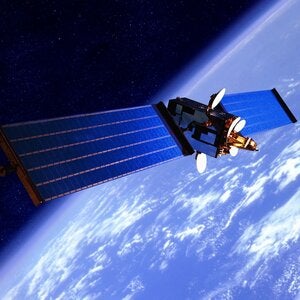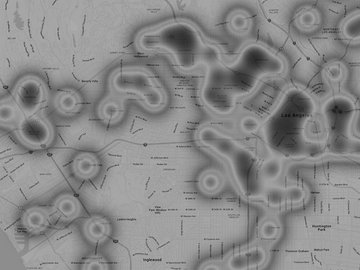Use cases for this technology include, but are not limited to:
- Agricultural planning: mapping soil type, estimating soil moisture, quantifying crop health
- Business: surveying real estate, counting cars, mapping nighttime light coverage
- Climate change: measuring sea level rise, mapping anthropogenic-induced land change, comparing climate factors over time
- Disaster assessment: monitoring/predicting wildfires, observing volcanic eruptions, before and after earthquake imagery
- Oceanography: oil spill detection, algae growth tracking, observing ocean current and temperature anomalies
- Transportation: mapping rural roads, locating potholes via aerial photography, providing high-res roadmaps for autonomous vehicles
- Extraction: locating mineral deposits, monitoring oil reserves, estimating mining progress
- Society: monitoring urban expansion, tracking displaced refugees, mapping exposed soil for disease prevention










